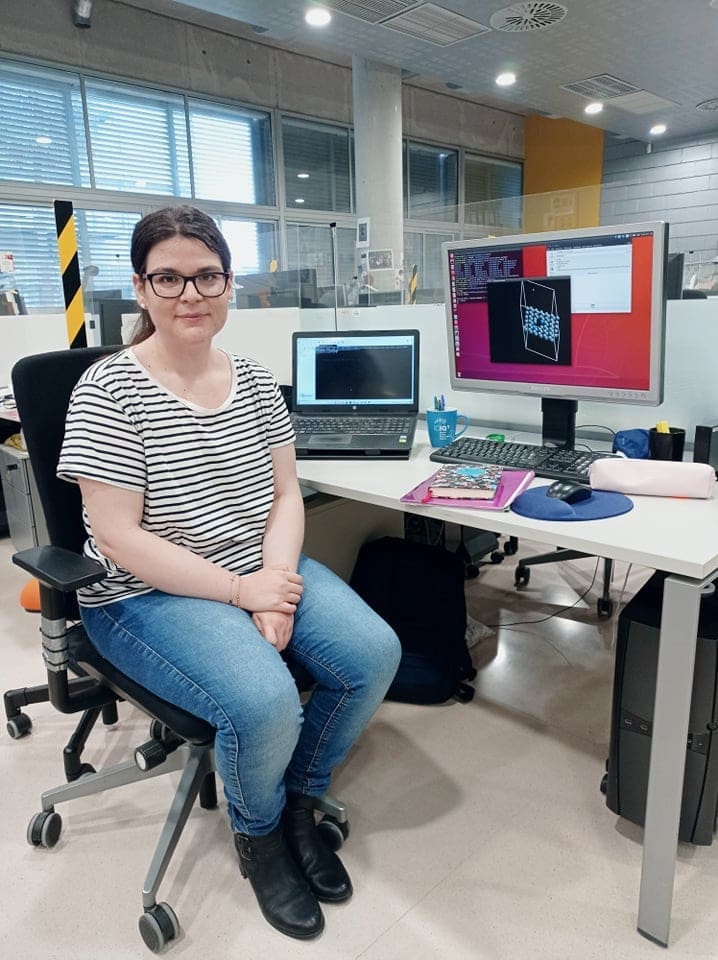
 09/04/2025
09/04/2025
 11:00 h
11:00 h
 ICIQ Auditorium Prof. Dr. Kilian Muñiz
ICIQ Auditorium Prof. Dr. Kilian Muñiz
- Lecturer: Maria Minotaki
- Supervisor: Prof. Núria López
Insights into the Stability of Single-Atom Catalysts on Doped Carbon Using Machine Learning Techniques
Abstract
Developing sustainable technologies is crucial for overcoming environmental challenges and driving socioeconomic progress. Single-atom catalysts (SACs) offer exceptional activity and selectivity, yet their stability remains a key challenge in catalyst design. Conventional characterization and synthesis techniques struggle to precisely identify active sites due to the vast configurations of SACs, while density functional theory based high-throughput screening is constrained by computational cost and time. Here, a multilevel approach is employed, integrating machine learning with computational methods, to systematically investigate the stability of SACs on doped carbon. A machine learning framework is developed to identify key stability descriptors, capturing the interplay between metal and support interactions. An adsorption energy formulation is derived, revealing the covalent and ionic contributions governing stability. Electronic structure analysis highlights the influence of nitrogen speciation on SACs electronic properties, while dimensionality reduction techniques uncover regions of electronic similarity. The transferability of the stability descriptors is assessed in dual-atom catalysts, demonstrating their applicability to more complex systems. Finally, the deactivation mechanism of Fe-NxCy moieties under oxygen reduction reaction conditions is examined, revealing the destabilizing effect of reactive oxygen species on metal-host bonds. A four-fold nitrogen coordination environment is identified as the most robust configuration. This study advances catalyst design by leveraging machine learning and computational chemistry to elucidate SAC stability factors. The findings provide actionable insights for developing more robust, efficient, and sustainable catalysts for energy and environmental applications.
If you would like to follow this PhD Thesis Defense online, please, register here
Other events

Let's create a brighter future
Join our team to work with renowned researchers, tackle groundbreaking
projects and contribute to meaningful scientific advancements




















